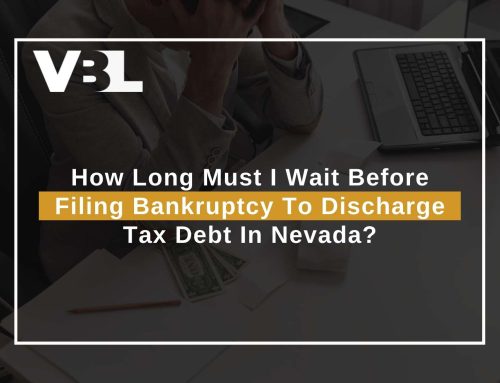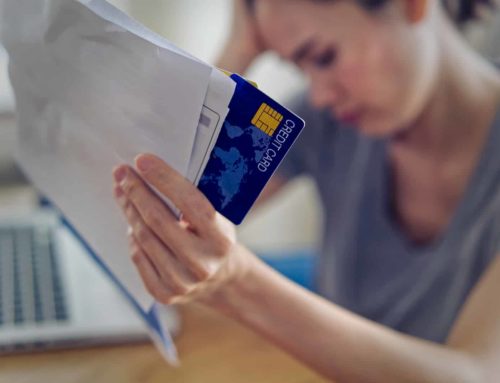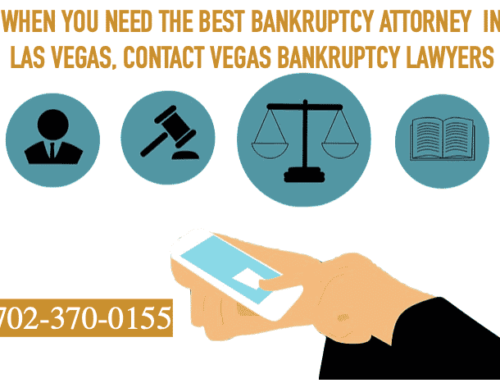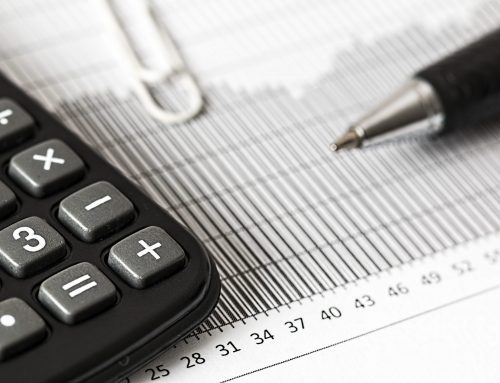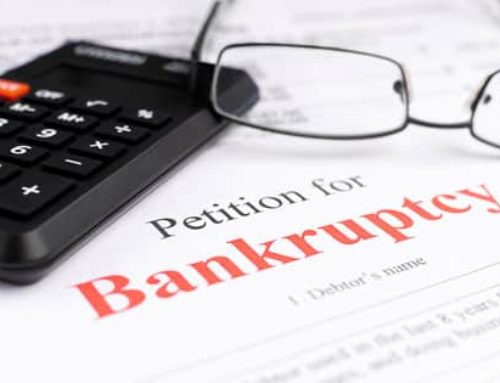Nevada Bankruptcy Filings & Tax Refunds
Protecting Your Tax Refunds When Filing For Bankruptcy
There are countless factors that can complicate a bankruptcy case. One of them is filing around when you file your taxes, especially if you expect a sizable tax refund. Depending on your circumstances, including in which state your case is filed, the bankruptcy trustee may be entitled to take your tax refund. Giving up your tax refund could be painful, or could even throw off your financial plans for the entire year. That’s why, unless you’re in an emergency situation, you should plan with a bankruptcy attorney when in the year would be best to file your case. Call or fill out our online form for your free consultation with an experienced member of our Nevada bankruptcy team today.
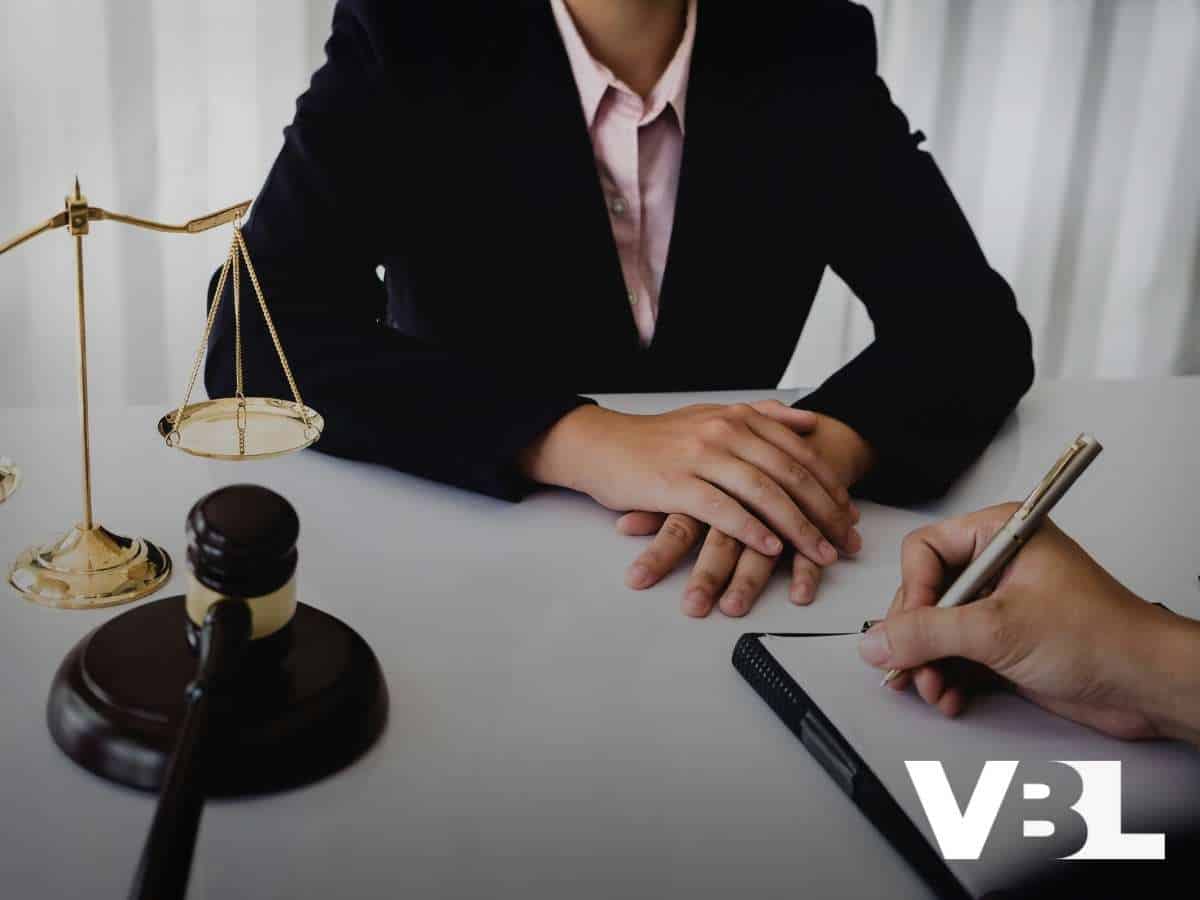
Chapter 13 Bankruptcy & Tax Refunds
Chapter 13 bankruptcy is a reorganization bankruptcy meant for people with regular incomes. It lasts either 3 or 5 years, depending on how the debtor’s income compares to Nevada’s median income. Chapter 13 bankruptcy allows you to pay off debts that aren’t dischargeable in Chapter 7 bankruptcy, like secured and priority debts. The amount you pay into your plan each month depends on your disposable monthly income. The last category of debt paid off in a Chapter 13 plan is unsecured nonpriority debts, like credit cards and medical bills. If you don’t have enough disposable monthly income over the course of your 3-5 years to pay off these debts, they can be partially or fully discharged. But they will be fully repaid if you have enough disposable monthly income. This can still be good news- if you pay off all your debts in your bankruptcy plan, the trustee has no reason to take any extra income you may receive, like your tax refund. In Nevada, you can typically keep your tax refund if your plan arranges to pay off at least 70% of your unsecured nonpriority debts. However, state and federal earned income credit tax refunds are exempt in Nevada. If your annual tax refund is important to you, you should seek out a consultation with an experienced Nevada bankruptcy attorney before filing Chapter 13.
Excusing a Tax Refund in Chapter 13 Bankruptcy
If your Chapter 13 bankruptcy payment plan doesn’t arrange for at least 70% repayment of your unsecured nonpriority debts, the trustee may take your tax refund, retain a small percentage, and distribute the rest among your creditors. If you don’t want this to happen, you need to request an excuse for your tax refund each year of your bankruptcy that you expect to receive one. You will do this by filing a Chapter 13 plan modification. Your plan modification must include a description of the tax refund, the amount you wish to keep, and what it will be used for, particularly if you are facing financial hardship. Your trustee is more likely to excuse your tax refund if you intend to use it for something unexpected and necessary, like an emergency home or vehicle repair. However, if you request to excuse your tax refund for something like your monthly utilities, the trustee may reject your request because it already should have been budgeted for in your payment plan.
Nevada Chapter 7 Bankruptcy and Tax Refunds
In Chapter 7 bankruptcy, you don’t have to repay your debts- unsecured nonpriority debts are simply wiped out. It is only available to you if your household income falls below Nevada’s state median income for your household size, or if you pass the means test, which measures disposable monthly income. The other barrier to filing Chapter 7 bankruptcy is protecting property. When you declare Chapter 7 bankruptcy, any asset you own must have a bankruptcy exemption applied to it, or the trustee can take it to pay off your debts.
Unlike some states, Nevada does not allow debtors to use federal bankruptcy exemptions. However, the exemptions Nevada does offer provide broad protections. State and federal earned income credit tax refunds are exempt in Nevada bankruptcies. If your tax refund is attributable to other resources, you can protect it using Nevada’s wildcard exemption. A wildcard exemption is an exemption that can be used on any asset the debtor wants, and isn’t offered in every state. In Nevada, the wildcard exemption is $10,000. Review your assets to see if the wildcard exemption will be available by calling our office to speak with an experienced Nevada bankruptcy lawyer.
How Much Of My Tax Refund Can The Trustee Take?
Nevada allows a relatively wide array of ways to keep your tax refund in a bankruptcy filing, but there’s still a chance that yours could be at risk. In a Chapter 13 bankruptcy, the trustee can take any amount of your non-exempt tax refund necessary to get your payment plan to 70-100% repayment. You can also file a modification requesting to keep some or all of your non-exempt tax refund for emergency expenses.
If your tax refund isn’t exempt and you plan to file Chapter 7 bankruptcy, it’s best if you’re in a situation when you can wait to time your filing strategically. Here, you can’t wait to receive your tax refund and spend it on reasonable things before filing your bankruptcy petition. If you receive your tax refund after your case is filed, the trustee has the opportunity to take a percentage based on the month in which your bankruptcy was filed. So if your bankruptcy case was filed in April, the trustee could take 4/12 of your tax refund, but if you filed your case in May, the trustee could take 5/12. Speak with one of our Nevada bankruptcy lawyers to find out how much of your tax refund could be at stake.
Reasonable Expenditures Before Bankruptcy
If you’re looking to spend your tax refund before bankruptcy to protect it from your trustee, you need to make sure that you spend it on reasonable expenses. Avoiding preferential payments to insiders and family members. You should also avoid spending on things like luxury purchases, expensive restaurants, gambling and alcohol, etc. Obviously, you can use your tax refund on reasonable daily living expenses like your mortgage or rent, gas, groceries, etc. Many people head to a big box store and stock up on essential household goods like soap and paper towels to spend down a tax refund before bankruptcy. You could have an appliance around the home that needs repair or replacement. Your vehicle could also be due for some maintenance or repairs. If you’ve been putting off medical or dental work, now is a good opportunity to get it done. You can also spend your tax refund on educational expenses and school supplies for your children. If you plan to hire an attorney to represent you for your bankruptcy case, their fees are considered a reasonable way to spend your tax refund by bankruptcy trustees.
Skilled & Affordable Bankruptcy Representation In Nevada
Your tax refund, as well as other possessions you hold dear, could be in danger of seizure by your trustee if you file your bankruptcy petition incorrectly. A seasoned Nevada bankruptcy lawyer can make sure that your case goes off without a hitch, including ensuring that you retain your tax refund. To learn more, call or fill out our online form to get started with your free consultation today. You may qualify for a post-filing payment plan starting at zero dollars down.

Las Vegas Bankruptcy Lawyers
LAS VEGAS
7251 W Lake Mead BLVD #300
Las Vegas, NV89128
Office: 702-879-2499
Email: [email protected]
HENDERSON
1489 W Warm Springs Rd. Ste 110
Henderson, NV 89014
Email: [email protected]
Additional Information at:
Phoenix Bankruptcy Lawyer
Phoenix DUI Lawyer
Chandler Bankruptcy Lawyer
Vegas Zero Down Bankruptcy Attorney
Gilbert Bankruptcy Lawyers
Arizona Zero Down DUI
AZ Bankruptcy Lawyer





